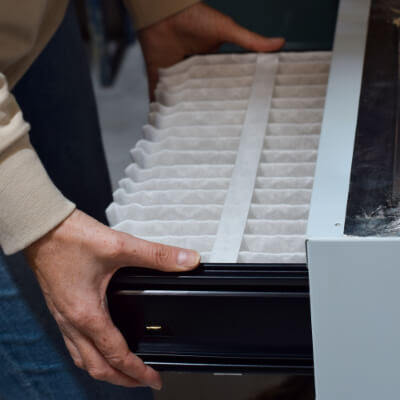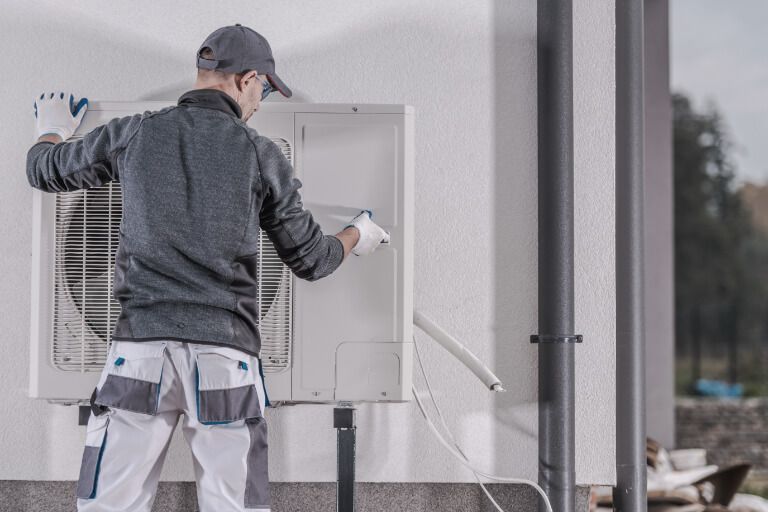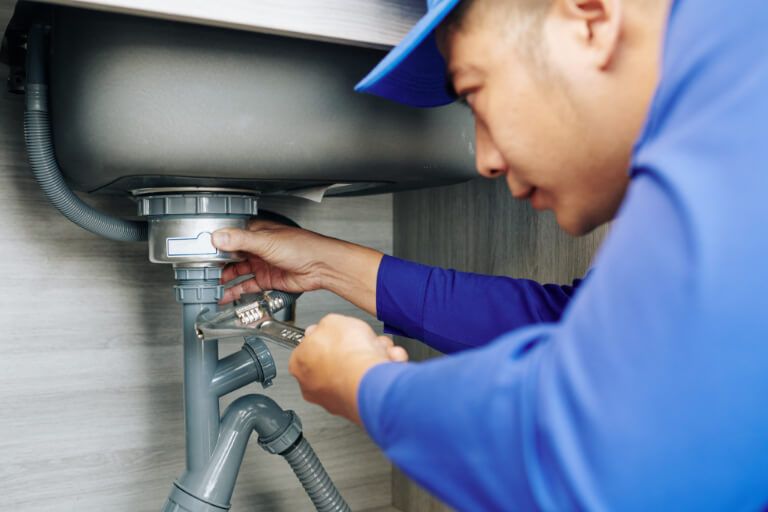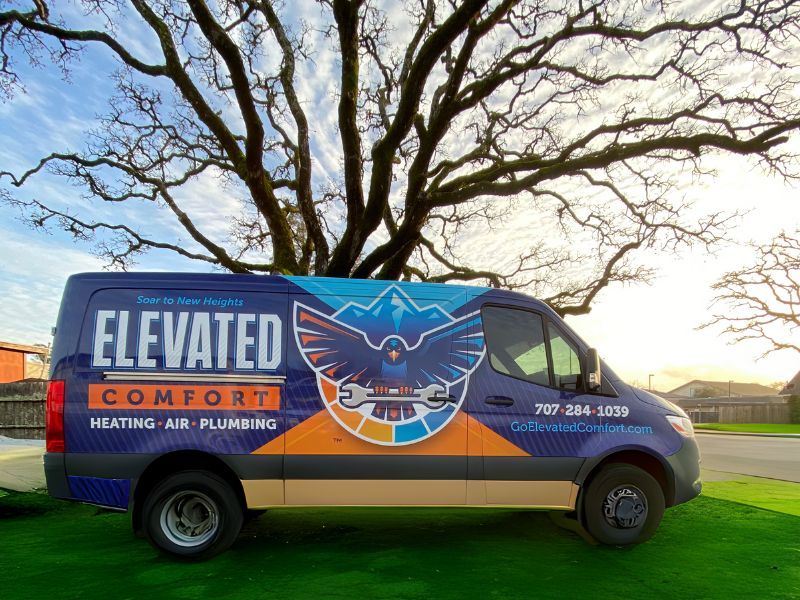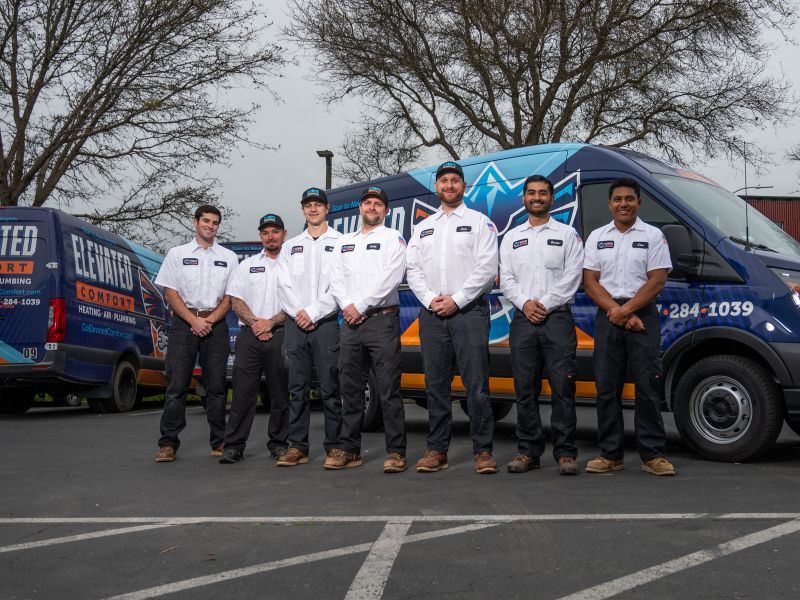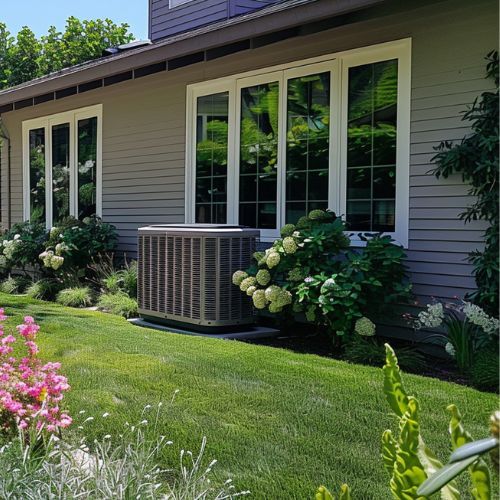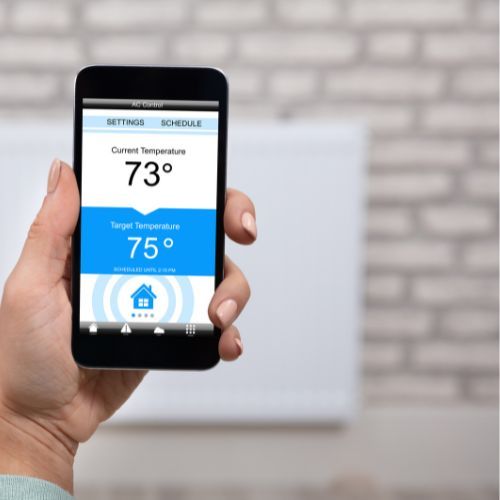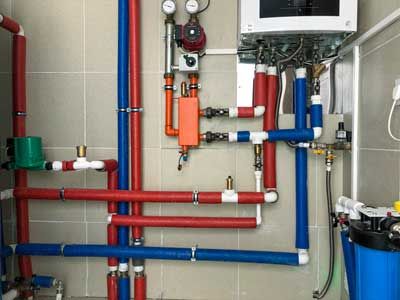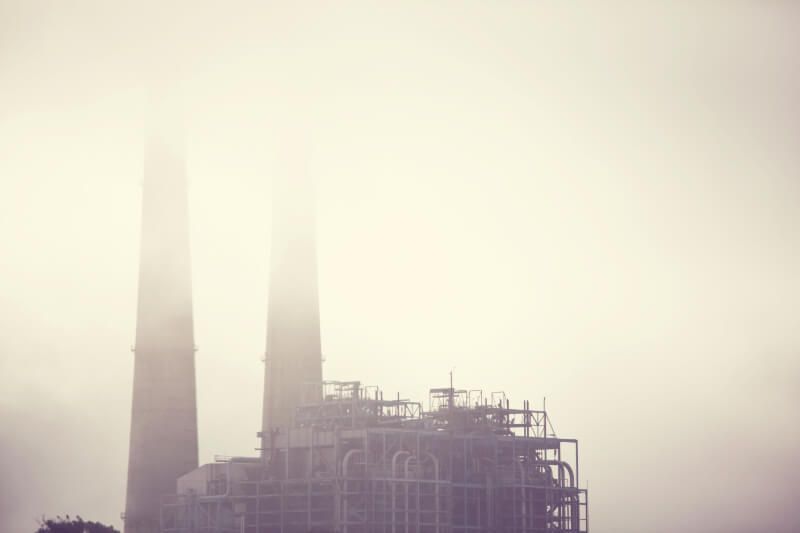6 Simple HVAC Safety Tips for the Spooky Season and Beyond
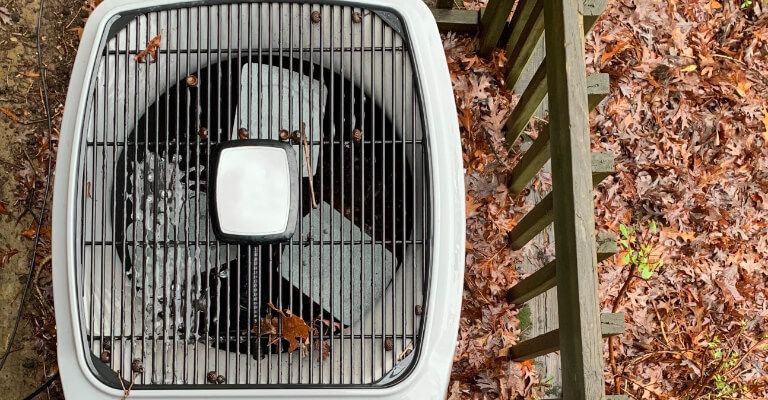
Table of Contents
ToggleAs the leaves change color and the weather starts to get a little cooler, it’s important to remember to take some time to prepare your home HVAC system for fall. Proper preparation can help keep you and your family safe and comfortable all season long! In this blog post, we will discuss seven simple HVAC safety tips that you can use to protect your home and wallet this fall. Follow these tips, and you’ll be able to rest easy knowing that your HVAC system is prepared for whatever the season throws at it—and if you need help, the experts from Elevated Comfort are available anytime!
HVAC Safety Tips Are Mostly Maintenance Related
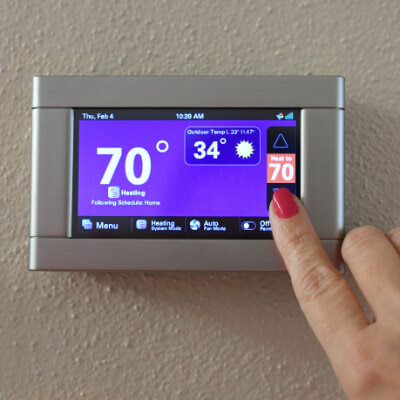
6 HVAC Safety Tips for Fall
Without further ado, here are seven HVAC safety tips to help you enjoy a safe and comfortable fall and to keep your system running at peak efficiency year-round.
1. Inspect your HVAC system regularly.
You should inspect your HVAC system at least once a year to make sure that it is in good working condition. If you notice any problems, such as strange noises or leaks, you should contact a professional for help.
2. Change your air filter regularly.
One of the most important things you can do to keep your HVAC system running efficiently is to change the air filter regularly. Depending on your system type, you may need to change the filter every month or two. A furnace, for example, will require a different type of air filter than a boiler or a heat pump.
3. Clean your vents and registers.
Another important maintenance task is to clean your vents and registers. Over time, dust and dirt can build up on these surfaces, which can impede airflow and reduce efficiency. You should clean them with a vacuum attachment or a brush on a regular basis.
4. Keep flammable materials away from your HVAC unit.
Because HVAC units contain electrical components, it is important to keep flammable materials away from them. This includes things like gasoline, cleaning supplies, and paper products. If you must store these items near your unit, be sure to keep them in a safe place where they cannot come into contact with the unit itself.
5. Do not attempt repairs yourself.
If you notice any problems with your HVAC system, do not attempt to repair it yourself. This is a job for a trained professional, as attempting repairs yourself could void your warranty or cause further damage to the unit.
6. Schedule annual maintenance appointments.
In addition to inspecting your HVAC system regularly, you should also schedule an annual maintenance appointment with a qualified technician. This will help to ensure that your system is running efficiently and that any potential problems are caught early on.
HVAC Safety FAQ
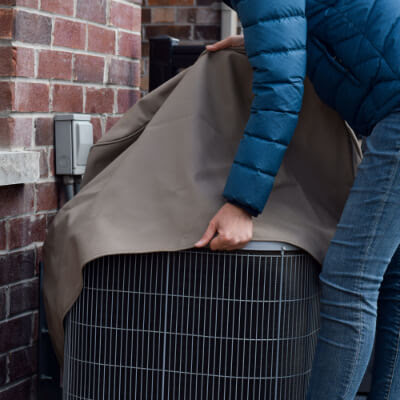
Is it safe to use my HVAC system if it’s been damaged in a storm?
If your HVAC system has been damaged in a storm, it’s best to err on the side of caution and have it inspected by a professional before using it again. Even if the damage doesn’t appear to be severe, there could be underlying issues that could cause further damage or even pose a safety hazard if the system is used without proper repair.
What are some common HVAC safety hazards?
There are several potential HVAC safety hazards that homeowners should be aware of, including:
- Carbon monoxide poisoning: This can occur if there is a gas leak in the HVAC system. If you suspect a gas leak, evacuate the premises immediately and call your gas company.
- Electrical shock: This can happen if you attempt to repair your HVAC system without disconnecting it from the power source first. Always make sure to shut off power to the unit before attempting any repairs.
- Fire: An HVAC system can start a fire if it’s not properly maintained. Regularly check for dust and debris build-up, and make sure all electrical connections are secure.
- Falling objects: HVAC units are typically installed on rooftops or other high places. If the unit isn’t properly secured, it could fall and injure someone below.
How often should a furnace be serviced?
Most furnaces need to be serviced once a year. However, if you have an oil furnace, it may need to be serviced more often. Check your owner’s manual for specific recommendations.
When should I service my HVAC system?
It’s generally best to schedule HVAC servicing in the fall, before winter weather arrives. This will help ensure that your system is running efficiently and can handle the demands of the colder months.
How much does HVAC servicing cost?
The cost of HVAC servicing varies depending on the type of system and the scope of work required. A basic tune-up may cost around $100, while a more comprehensive service could cost up to $500.
Do gas furnaces need to be cleaned?
Yes, gas furnaces should be cleaned on a regular basis. A build-up of dirt and debris can cause the furnace to work harder than necessary, which can lead to premature wear and tear.
Why do I smell burning hair the first time turning on a furnace after summer ends?
This is likely due to the presence of dust and debris in the furnace. When the furnace is turned on, the heat can cause these particles to ignite, which can produce a burning smell.
Are gas furnaces safe?
Yes, gas furnaces are safe when they are properly maintained and serviced. However, if there is a problem with the furnace, it can pose a safety hazard.
Get More HVAC Safety Tips and Expert Help from Elevated Comfort
